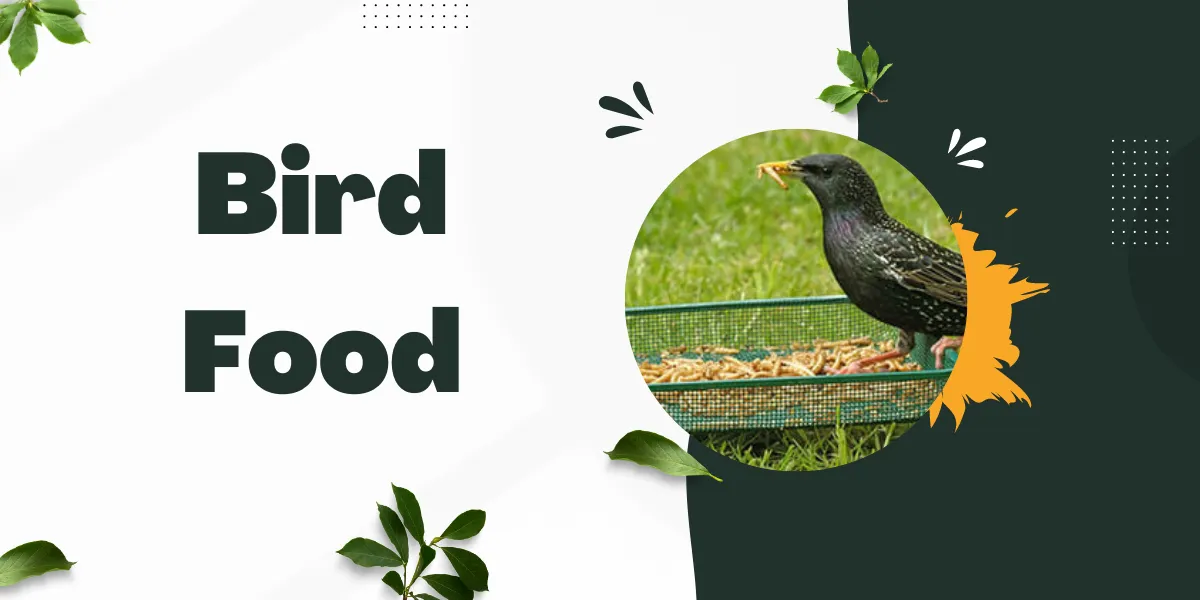Bird Food: Nourishment for our Feathered Friends
Birds are fascinating creatures that bring joy and color to our lives. Whether you’re a bird enthusiast, a hobbyist, or simply enjoy watching these feathered creatures in your backyard, providing them with appropriate food is essential for their well-being. In this article, we will explore the importance of bird food and the various types of nourishment that can help support their health.
Why is Bird Food Important?
Just like any living being, birds require a balanced diet to stay healthy and active. While they have the ability to find food in the wild, supplying them with bird food ensures they receive proper nutrition year-round. This is especially crucial during seasons when natural food sources may be scarce, such as winter or during migration.
Types of Bird Food
Seeds are a popular choice for bird feeders, as they mimic the natural diet of many bird species. Different birds have preferences for specific types of seeds. For example, sunflower seeds are enjoyed by cardinals, chickadees, and finches, while millet is favored by sparrows and doves. Including a variety of seeds in your bird feeder will attract a diverse range of species.
Suet is a high-energy food that is particularly beneficial during colder months. It is made from animal fat and can be mixed with other ingredients like nuts, seeds, or dried fruits. Suet cakes can be hung in feeders, and they provide birds with the necessary calories to stay warm in low temperatures.

Nectar is a great option if you want to attract hummingbirds and orioles. You can prepare a simple nectar solution by dissolving sugar in water. Avoid using artificial dyes or honey, as they can be harmful to these delicate birds. Hang the nectar feeders in a shady area and remember to clean them regularly to prevent bacterial growth.
Insects and mealworms are an excellent source of protein for many bird species, especially during the breeding season. You can offer live or dried mealworms in a shallow dish or a specialized mealworm feeder. Bluebirds, wrens, and warblers are among the birds that relish these protein-rich treats.
Fruits and berries can also be provided to birds. Some bird species, such as thrushes, waxwings, and mockingbirds, enjoy feasting on fruits and berries. You can provide them with fresh or dried options like apples, grapes, or raisins. Ensure the fruits are ripe and free from pesticides to ensure the safety of the birds.
Attracting Birds to Your Yard
To create a bird-friendly environment, consider the following tips:
- Place bird feeders in safe and accessible locations, away from windows and potential predators. Keep them clean and well-stocked to encourage repeat visits.
- Provide a fresh water source, such as a bird bath or a shallow dish, for birds to drink and bathe. Change the water regularly to prevent the growth of bacteria.
- Trees, shrubs, and birdhouses offer birds protection from harsh weather conditions and predators. Create a welcoming habitat by planting native trees and providing nesting options.
Feeding birds not only brings beauty to our surroundings but also supports their health and survival. By offering a variety of bird food, we can attract diverse species and contribute to their overall well-being. Remember to maintain clean feeding stations, provide fresh water, and create a safe environment to maximize the joy of birdwatching in your own backyard.



